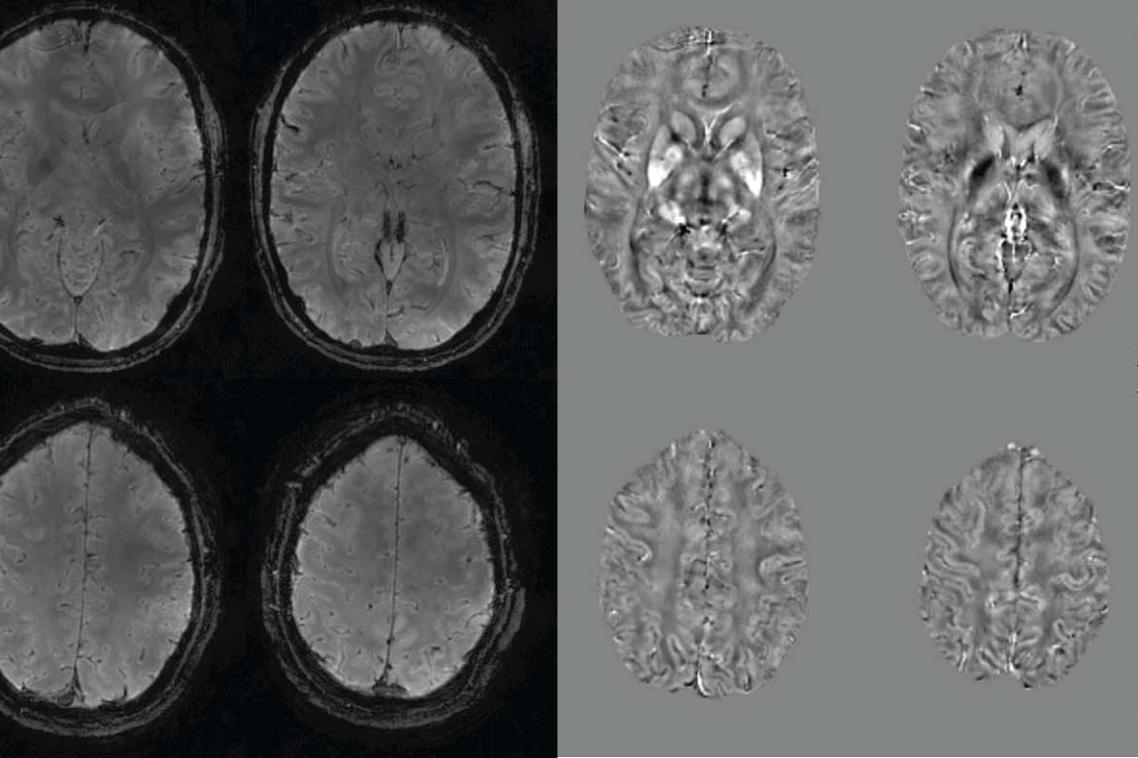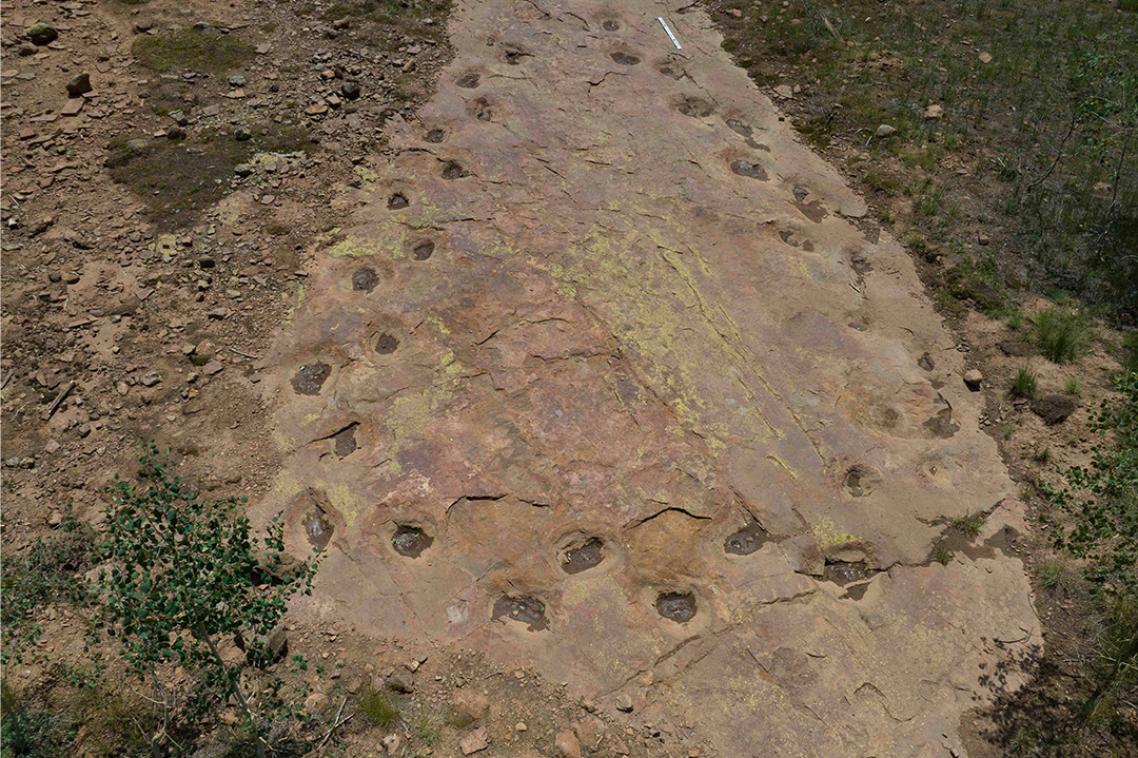Accelerated MRI brain mapping technique to improve neurodegenerative diagnosis

A new brain imaging technique developed by University of Queensland researchers is paving the way for improved diagnosis and treatment of neurodegenerative diseases such as Alzheimer’s or Parkinson’s disease.
UQ Centre for Advanced Imaging physicist and chief developer Dr Daniel Stäb said the new technique, using UQ’s 7-Tesla MRI scanner, was a faster and more efficient way to characterise the brain’s tissue properties with a high image resolution.
“The scanner is one of only two currently in Australia,” Dr Stäb said.
“We are now able to map the magnetic tissue properties of the whole brain in less than 40 seconds, which is seven times faster than common techniques that have the same image quality.
“This was achieved by combining an advanced data acquisition with novel image reconstruction techniques.”
NIF Facility Fellow and biomedical engineer Dr Steffen Bollmann said the new technique would improve patient comfort.
“This accelerated technique reduces the chance of a patient’s head movement during an MRI examination which leads to a higher quality image of the brain and improved diagnosis.
Head of ultra-high field MRI research Associate Professor Markus Barth said the new technique would have a substantial impact on the early diagnosis of neurodegeneration.
“There is evidence that changes in iron metabolism and myelination - the protective coating around nerve fibres - leads to degeneration of nerve fibres in the brain,” Dr Barth said.
“These recent advances in imaging and improvements of mapping iron and myelin will have a substantial impact on the early diagnosis of neurodegeneration.”
Professor David Reutens, neurologist and director of UQ’s Centre for Advanced Imaging, said dementia and neurodegenerative diseases are causing an increasing burden of disease in Australia.
“Fast and reliable tissue characterisation techniques like this one will allow for earlier detection and more accurate diagnosis of dementia and neurodegenerative diseases which will lead to early treatment for patients,” Professor Reutens said.
Media: Celia Webby, 3365 4235, 0439549215 or c.webby@uq.edu.au.
Topics
Related articles

Sunlight-powered breakthrough turns methane into valuable ethylene

Looping long-necked dinosaur site reveals its secrets
Media contact
UQ Communications
communications@uq.edu.au
+61 429 056 139
